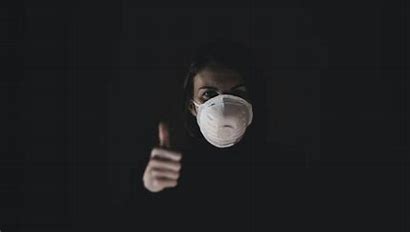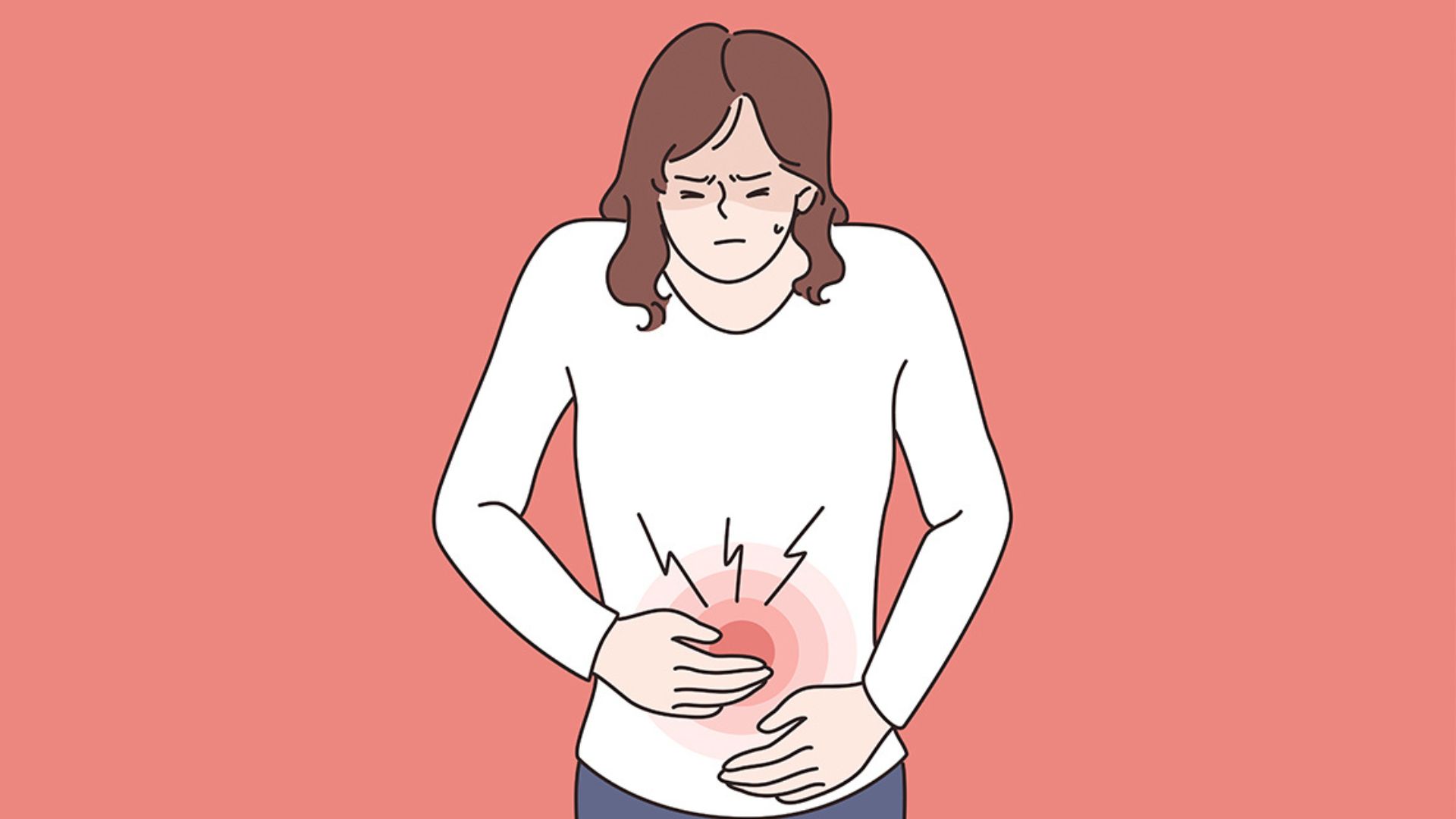Heat-related illnesses are increasingly common during the hot summer months. High temperatures can lead to serious health problems and worsen existing conditions. Some of the effects of excessive heat include heat stroke, dizziness, nausea, fainting, muscle cramps, headaches, fatigue, and heavy sweating.
The World Health Organisation (WHO) reports that heat-related mortality for individuals over 65 increased by approximately 85% between 2000-2004 and 2017-2021. WHO also states that heat waves are among the most dangerous natural hazards, with even low and moderate-intensity heat waves significantly impacting the health and well-being of vulnerable populations.
How Heat Affects Your Health
- Increased Heart Rate High temperatures can cause your heart to beat faster as your body works harder to cool down.
- Dizziness Heat can lead to dehydration, which makes it harder for your brain to receive enough blood, causing dizziness. This can worsen if you stand for long periods or rise suddenly.
- Low Blood Pressure Excessive sweating during summer results in the loss of fluids and electrolytes. Heat also causes blood vessels to dilate, potentially leading to a drop in blood pressure and dizziness.
- Heat Exhaustion Prolonged exposure to extreme heat can result in fatigue, nausea, and lightheadedness. If untreated, heat exhaustion can escalate to heat stroke.
- Dehydration Excessive sweating can cause dehydration, leading to headaches, dizziness, confusion, sleepiness, reduced urination, dry mouth, low blood pressure, and more.
Other issues related to extreme heat include heat rash, sunburn, edema, confusion, excessive sweating, and the worsening of pre-existing medical conditions.
What Should You Do?
- Drink plenty of water and avoid dehydrating beverages such as caffeine and alcohol.
- Never leave children or pets in vehicles or poorly ventilated areas.
- Limit outdoor activities, especially during peak heat hours.
- Seek medical attention if you experience symptoms of heat-related illnesses.
- Use sunscreen to protect your skin.
- Reschedule activities for cooler parts of the day.
Follow these tips to stay safe during the summer!













